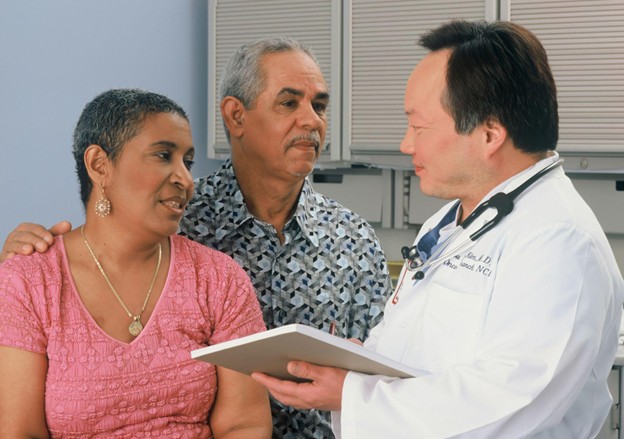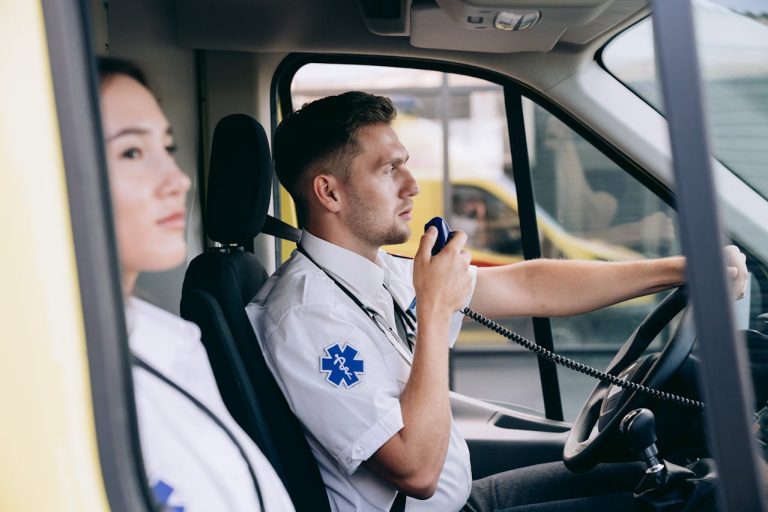

“Knowing what medicine is like and becoming today, honestly, I don’t think I’d go into it today.” That was the sentiment Dr. Juneja heard several times by attendings during his medical training, but was always frustrated at the lack of elaboration. “That, and the fact I’m being told that well after my loans were already taken off:, Dr. Juneja joked. “But the truth is, I get it now. Would it stop me from pursuing the practice of oncology? No. But there is certainly a litany of red tape and bureaucracy that impede the care that patients deserve. What I was not prepared for, was the sickening reality that the degree of that impediment is directly related to where people live, what income they have, and even right down to the color of their skin.”
Dr. Juneja currently practices at Mary Bird Perkins Cancer and serves as Chief of Oncology at Baton Rouge General in his hometown of Baton Rouge, Louisiana. He is proud to say the places he and his wife practice have a vigilant concentration to provide up to date care with a focus on equal and unbiased care, though so much so it made him unaware of the issues many are facing nation-wide until finding success on social media. “I have been disillusioned to so much inequality and literature-supported shortcomings by the healthcare system from the comments and stories I have seen on social media in response to my educational content, I almost felt naive or in a bubble”, Dr. Juneja confessed. “But like anything in life, when a new learning experience falls on your footstep, your accountability comes to what you do with it.”
Dr. Juneja first leveraged his social media to focus on education. “If you can’t fix the healthcare system overnight, the next best thing is to educate and empower patients with the information to receive the kind of care they deserve.” His content has ranged from guidance on how to work up anemias and iron deficiency, the importance of standard of care genomic sequencing for anyone with a stage IV cancer diagnosis, how to access clinical trials and unbiased information on immunity as they relate to viral illness and the kind of cancer treatments patients may be receiving. He went on to host a surprisingly vibrant podcast with top cancer specialists and social media celebrities called “Target Cancer Podcast”. Partnering with a patient and equity-focused company called Xcures, Dr. Juneja has created a streamlined way for patients to ensure they are getting the most up-to-date care as well as informed of all clinical trials regardless of location or academic center at no cost of their own.
Though invited as a guest speaker, Dr. Juneja states he learned a great deal on disparity on The Washington Post’s Chasing: Cancer nationally broadcasted series on the month’s topic of health equity. “Dr. Carol Brown and Dr. Karen Winkfield are absolute wizards in the fields of oncology, and to hear them first hand left me both with inspiration, and anxiety, to bring to light this deeply unfair issue.” He went on to speak as a panelist on Stanford University’s Infodemic national virtual conference where even vaccination issues, their availability, and how demographics were presented the need or guidance on such were cited to vary significantly. “People see different options and worse, at different times during their cancer journeys depending on where they live, and even too their gender or race. Like, that’s crazy, right? We are talking about the length of someone’s life, and nowadays, the variance in the quality of life one lives with all the new non-chemo options that are coming out every few weeks for all kinds of tumor types. CLL, for example–it almost unanimously should be treated with an oral targeted medication with relatively few side effects. It has replaced chemotherapy almost entirely, and yet apparently up to 40% of people are still treated with multi-agent chemo. That is not okay.”
Another important issue Dr. Juneja highlights is the abysmal rates of low-dose CT Lung Cancer screening. “Imagine mammograms helped save 20%–that’s one out of five–lives, which they don’t, unfortunately. But yet are ordered almost all the time when appropriate. CT lung cancer screening? 6-8% of the time. That’s it. That means 92% or more patients who could be cured of an early lung cancer that is otherwise woefully unforgiven, do not even get it offered or ordered by their healthcare team. There are all kinds of thoughts on that, but the one that hits hard is that there may be a passive bias by healthcare providers on either the fact that the patient does or did smoke, or worse, the demographic of most patients that have a smoking history.” It was with these focuses that Dr. Juneja was invited by the White House to be a participant on their newly-formed Healthcare Leaders in Social Media Roundtable, where he participates on a monthly basis to learn about and highlight issues relating to health equity, patient access, and advancements in cancer research and funding. Dr. Juneja most recently attended a workshop in D.C. held by the Alliance for Patient Access where issues relating to crippling drug costs in cancer care, and the interplay between pharmacy companies, pharmaceutical companies and PBMs are influencing the costs of biologics in healthcare, and what needs to be done to optimize it.
“There is a lot of merit to the old adage, ‘naivete is bliss’”, Dr. Juneja states. “It’s exhausting–you start taking a deep dive on one issue, and in the process turn over all these stones you didn’t know existed. Or stones from a different island altogether. But change doesn’t happen burying your head in the sand, either. If it fell on your footstep, it’s up to you what you do with it.”
To see more from Sanjay Juneja (and to learn a thing or two!), follow him on his TikTok at @theoncdoc or on his Instagram page at @TheOncDoc, and check out his podcast Target: Cancer on Apple Podcasts and YouTube.






